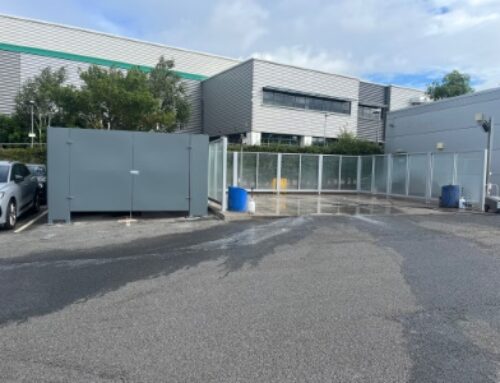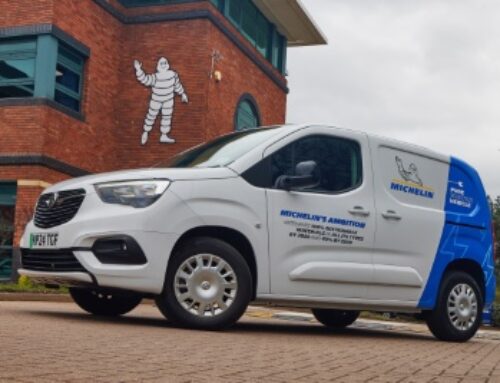Clayton Power UK cuts carbon for LCV fleets
 Technology provider Clayton Power UK has outlined the benefits of its award-winning retrofit technology for LCVs, which it says can make fleets more fuel efficient while maintaining onboard power supplies, thereby cutting emissions and costs.
Technology provider Clayton Power UK has outlined the benefits of its award-winning retrofit technology for LCVs, which it says can make fleets more fuel efficient while maintaining onboard power supplies, thereby cutting emissions and costs.
As the transport industry continues to face pressures to sharply reduce its carbon emissions, many LCV fleet managers have one eye on alternative fuels and electric vehicles, says the company – but queries whether these are the right solutions for fleets that rely on having access to power to use equipment and keep critical equipment running.
“With some commercial diesel vehicles spending more time idling on roadsides to power onboard equipment, than moving, there are glaring inefficiencies with diesel vehicles that have negative environmental costs and need to be addressed,” said Mervyn Ham, CEO at Clayton Power UK.
“While lots of people have their eye on electric vehicles as the solution, swapping to electric vehicles creates practical issues for fleet managers because the vehicles lack the power to run critical onboard equipment or tools that drivers need onsite, for a prolonged period.
“We want to highlight that there is technology available now that can save them thousands of litres of fuel per vehicle annually, without having to worry about range issues.
“Our technology allows fleet managers to ‘hybridise’ their vehicles, which is a more affordable option than switching to electric vehicles and the environmental benefits can in many cases be bigger than switching to electric vehicles too.”
The ‘hybridising’ technology in question is a compact and portable 28kg lithium power supply (LPS) unit that connects directly to a vehicle’s starter battery, using two cables, and charges while the vehicle is being driven.
The LPS units come in two sizes – 1,500w and 2,500w – and both offer 100 Ah of useable storage, which charge by capturing the excess energy generated while the diesel vehicle is being driven. This gives fleet drivers access to renewable energy that will power critical equipment after the vehicle comes to a stop and the engine is turned off, says Clayton Power UK.
 The solution is said to be easy to install and to tackle the ongoing issue of roadside idling, where LCV vehicle engines or portable diesel generators are used to power critical equipment, which use huge amounts of fuel and increases fleet carbon emissions.
The solution is said to be easy to install and to tackle the ongoing issue of roadside idling, where LCV vehicle engines or portable diesel generators are used to power critical equipment, which use huge amounts of fuel and increases fleet carbon emissions.
Noise pollution is also eliminated, says the firm, as the LPS system is silent, a key benefit for commercial vehicles that operate near residential areas.
The company was recognised at the Gas Industry Awards 2019 earlier this year, having scooped the ‘Innovation Award’ for its emission cutting results. Working with vehicle conversion specialists, Bri-Stor Systems, Clayton Power UK partnered with national gas distributors, Cadent, to retrofit 80 vehicles within its ‘Operate and Maintain’ fleet with its LPS units.
The upgrade drastically cut the otherwise unavoidable carbon emissions produced by the vehicle fleet during its crucial daily role in maintaining gas installations and apparatus on the company’s 132,000-kilometre gas pipe networks across the UK, supporting 11 million customers.
Mervyn continued: “There’s never been a more appropriate time for fleet managers to ‘hybridise’ their vehicles. The public wants companies to be more proactive in cutting carbon emissions and through our technology we’re helping LCV fleet managers immediately eliminate unnecessary fuel consumption, saving thousands of litres of diesel and thousands of needless tons of CO2 emissions each year. It’s a win-win.”











